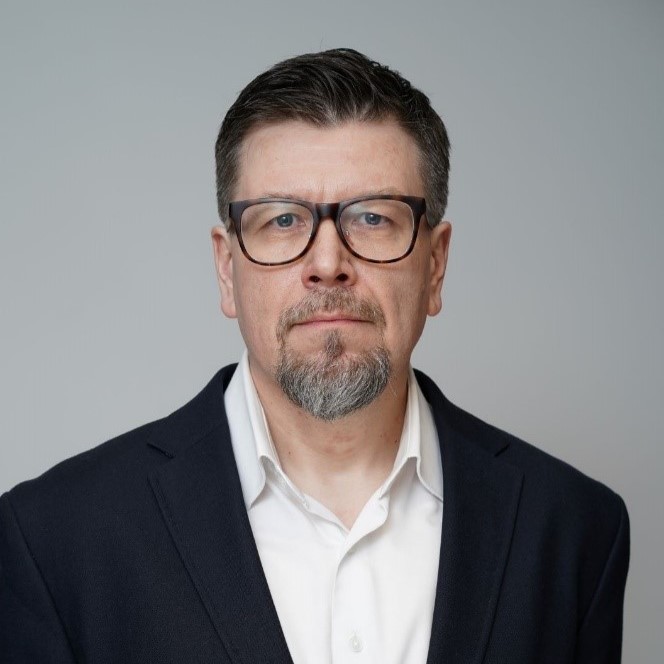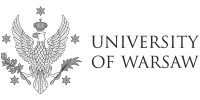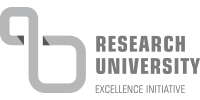ESPAnet Annual Conference Warsaw 2023 (onsite only)
keynotes

Heejung Chung
Professor of Sociology and Social Policy, at the School of Social Policy, Sociology and Social Research, at the University of Kent
Heejung Chung is Professor of Sociology and Social Policy, at the School of Social Policy, Sociology and Social Research, at the University of Kent. She is a comparative labour market and welfare state researcher interested in the future of work, workers’ well-being, and gender equality. Her research aims to explore different issues of inequality and social justice around work and labour markets, and find policy solutions to tackle these problems. The past decade, her work has focused on flexible working, including home and hybrid working, to explore why it leads to unintended negative outcomes such as long hours work and traditionalization of gender norms to understand what policy changes are necessarily to advert this. She recently published the book The Flexibility Paradox: Why flexible working leads to (self-)exploitation (2022, Policy Press) summarising this. More recently, she is exploring and measuring the flexibility stigma – the perception that workers working flexibly/from home are somehow less motivated, loyal, and productive – through vignette studies across the world.
Her work has been published in journal such as Human Relations, European Sociological Review, European Journal of Social Policy etc. She has been involved in ESPAnet since 2004, and is currently a board member. She is also a wife and mother of a 10 year old girl, 5 year old cat, 2 year old dog, and is a passionate but not very good football player and a bassist in a punk band. She is also an avid supporter for changes in academic work culture so it does allow for a better work-life balance. (read this)
TITLE OF KEYNOTE SPEECH: The Flexibility Paradox: Why flexible working leads to more work and why social policy matters
Throughout the COVID-19 pandemic, flexible working has become the norm for many workers. However, does flexible working really provide a better work-life balance, enhance worker’s well-being and gender equality? Using data from across Europe and drawing from studies across the world, I will evidence how flexible working can lead to workers working longer and harder, with work encroaching on family life. I argue that this is largely due to two contributing factors. Passion and insecurity. Drawing from Foucault’s theory of subjectification, I argue that in our work-centric society, freedom at work means freedom to do more work- to ‘hustle’. Similarly, drawing from Bauman and others, I argue that we live in the fully commodified society where insecurity is prevalent, individualised, where individuals are left to fend for themselves, increasing the need to exploit their labour fully to survive. The patterns of exploitation manifests differently for women and men – but with women needing to consider the family and children as a part of their human capital formation. Women end up exploiting themselves at home by increasing time spent on childcare and housework. This is done to meet the passion of ‘motherhood’ adhering to the expectations of contemporary societies, and ensuring the future labour market potential of their offspring. This, and assumptions around women’s flexible working can explain why women and mothers may especially be party to negative career consequences when working flexibly.
However, all is not lost. I argue that contextual changes led by social policy can make through policies to change the outcomes of flexible working so that it can benefit workers and society. At the end of the talk I will also discuss how we need to embrace flexible working and 4-day-week as real policy solutions if we are to take on future challenges of the labour market. We need to bring back the debate around social right to work but this time with it a social right to rest.

Paweł Kaczmarczyk
Professor of Economics at the University of Warsaw. Faculty of Economic Sciences and Director of the Centre of Migration Research, University of Warsaw
Paweł Kaczmarczyk is a Professor of Economics at the Faculty of Economic Sciences of the University of Warsaw and the Director of the Centre of Migration Research at the same university. Trained in international economics, he has been conducting research on various aspects of international mobility and migration for more than 20 years. Initially, his research focused on Polish mobility, including large-scale studies on seasonal workers, highly skilled migrants and post-2004 migration. He has studied both the socio-economic drivers of migration as well as its consequences, including the effects on the labour market and the fiscal impact. Since the beginning of the 2010s, his area of research has shifted towards understanding and explaining migration to Poland and other Central and Eastern European countries and the process of transition from a net sending country to a net receiving country. His recent work has largely focused on the mobility of Ukrainians, first labour migration in the post-2014 period and more recently massive war-related displacement. Other research interests include migration policy, methodology of migration research, labour economics, population economics and demography, and international economics.
His work has been published, among others, in Journal of Ethnic and Migration Studies, Journal of Rural Studies, Journal of Mixed Methods Research, Oxford Review of Economic Policy, East European Politics and Societies: and Cultures. He is a member of IMISCOE; IZA fellow, and SOPEMI correspondent for Poland at OECD; in 2008-2011 a member of the Board of Strategic Advisers to the Prime Minister of Poland (responsible for demography, migration and labour market related issues). Since 2020 he coordinates the Centre of Excellence in Social Sciences at the University of Warsaw (part of the Excellence Initiative – Research University programme).
TITLE OF KEYNOTE SPEECH: Burden or relief? On the socio-economic impact of Ukrainian migration to Poland
The year 2022, when millions of Ukrainian citizens left their country as a result of the full-scale Russian invasion, marked a new milestone in the history of migration in Europe. Poland, as one of the main receiving countries, has been at the centre of the academic and political debate on refugee migration from Ukraine. However, this process should be read and interpreted in a much wider context. The main aim of this paper is to present the case of the Central and Eastern European countries, and Poland in particular, as a new immigrant destinations that are gradually changing their status from a net sending to a net receiving area. This shift is arguably intertwined with migration and non-migration policies, patterns (and structure) of migration and, first and foremost, the consequences of mobility. The case of Ukrainian migration – by far the most important in the region – is used to illustrate the role of public policies for migration outcomes in various areas, ranging from the labour market to social welfare and attitudes towards immigrants/others, with a particular focus on migration-related challenges.
Do you have any questions regarding this conference?
We are happy to assist you!
University of Warsaw
Faculty of Political Science and International Studies
Krakowskie Przedmieście 26/28
00-927 Warsaw, Poland

Copyright © University of Warsaw






